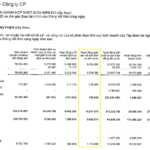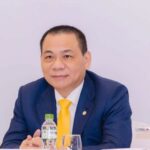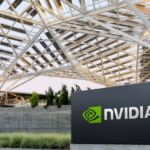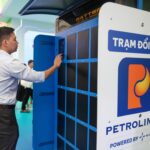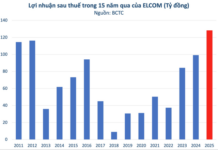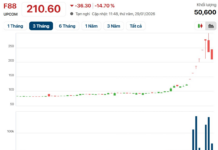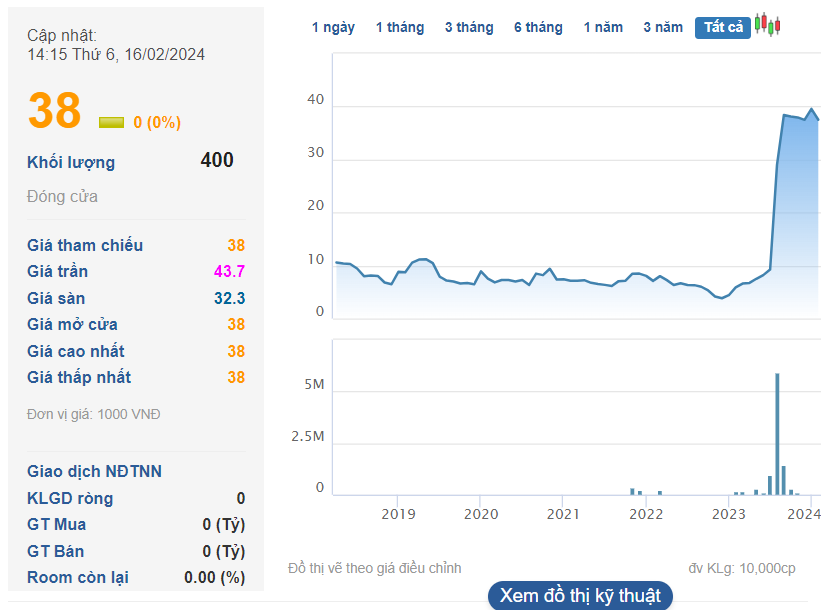The rise of Vietnam’s economy has been shaped not only by internal factors but also by a unique driving force: repatriated entrepreneurs.
Their “startup map” clearly illustrates two distinct “schools of thought,” stemming from two different geo-economic areas: Eastern Europe and North America, each leaving a distinct business imprint with its unique DNA.
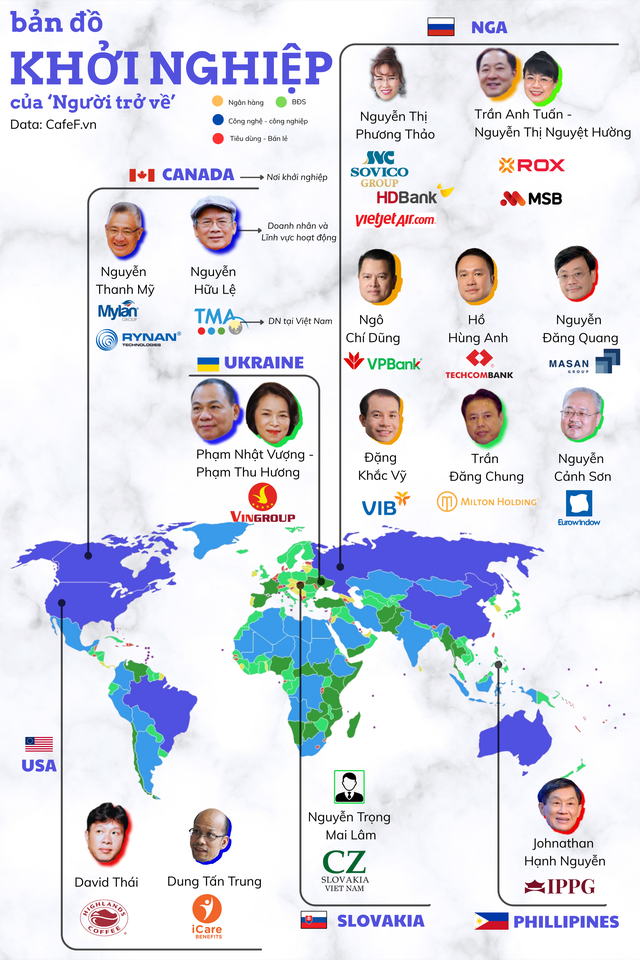
Eastern Europeans Build Vietnam’s Largest Private Empires
This group of entrepreneurs represents a pioneering generation that matured in the unique historical context of the dissolution of the former Soviet Union. The complex, challenging, yet opportunity-filled business environment honed their resilience and equipped them with the skills to establish large-scale production and trading operations.
Upon their return, they brought with them substantial capital and an industrial operational mindset, focusing on the backbone sectors of the economy.
Notable among this group is the couple Mr. Pham Nhat Vuong (b. 1968) and Mrs. Pham Thu Huong (b. 1969), who started their entrepreneurial journey in Ukraine by manufacturing instant noodles before returning to Vietnam to establish Vingroup.
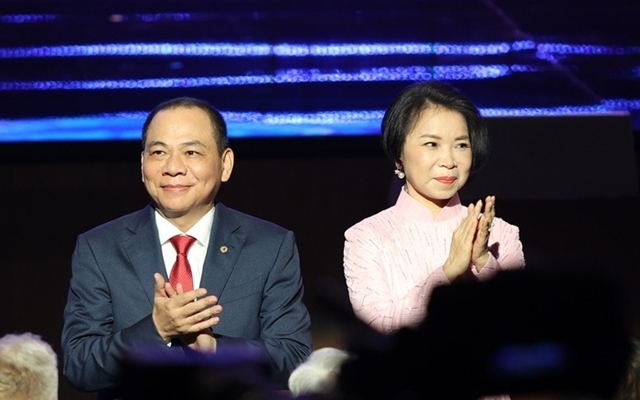
Vingroup initially focused on real estate but soon expanded into industries such as technology, energy, and infrastructure. Today, it stands as Vietnam’s largest private corporation, known for its mega real estate projects and the successful VinFast automobile brand.
Mr. Pham Nhat Vuong, Chairman of Vingroup, was Vietnam’s first dollar billionaire recognized by Forbes. He remains the richest person on the Vietnamese stock market to date.
Ms. Nguyen Thi Phuong Thao (b. 1970) started her entrepreneurial journey in Russia with a diverse range of businesses before returning to Vietnam to establish Sovico Group, which operates in various sectors. She is Southeast Asia’s first self-made female billionaire, known for founding the next-generation airline Vietjet Air. In the banking sector, she has also made significant contributions and left her mark with HDBank.
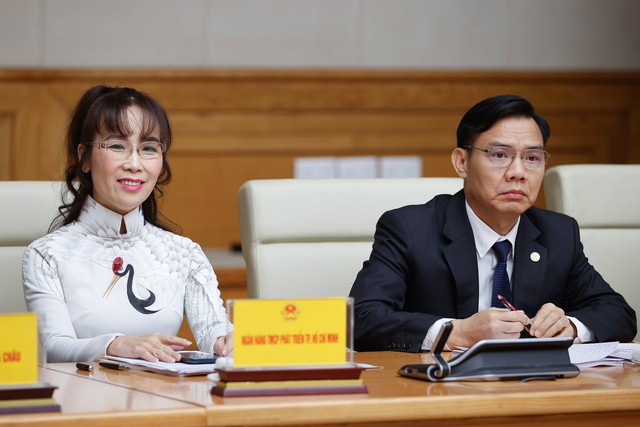
Mr. Nguyen Dang Quang (b. 1963) began his entrepreneurial journey in Russia by manufacturing food products before returning to Vietnam to establish Masan Group, a leading consumer goods and retail company.
Masan Group boasts well-known brands like Chin-su and Omachi, which are household names in Vietnam, and Winmart, the country’s largest supermarket chain by the number of outlets.
Three prominent figures in finance and banking, Mr. Ho Hung Anh (b. 1970), Chairman of Techcombank, Mr. Ngo Chi Dung (b. 1968), Chairman of VPBank, and Mr. Dang Khac Vy (b. 1968), Chairman of VIB, also returned from Russia. These institutions have become leading private banks in Vietnam.
Mr. Nguyen Canh Son founded Eurowindow in Vietnam, specializing in real estate and construction materials.
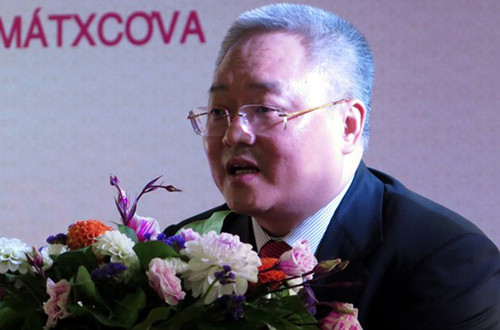
In addition to being a leading brand in aluminum doors and glass walls, Eurowindow has developed numerous diverse real estate projects.
Another low-key entrepreneur, Mr. Tran Dang Chung, is the Chairman of the Board of Directors of Milton Holdings. He started his career in Russia, involving in various sectors such as footwear manufacturing, international transportation, and trade.
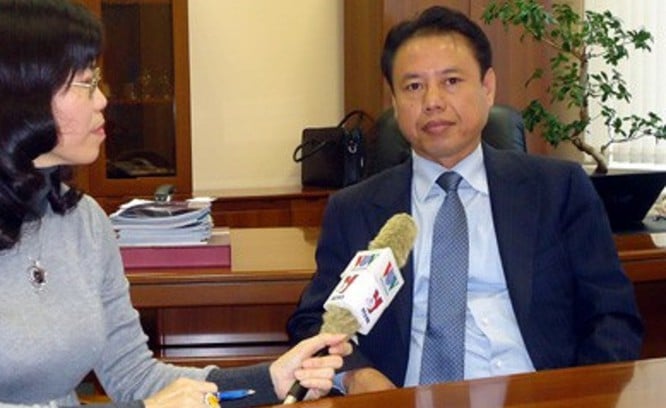
In 2011, Mr. Tran Dang Chung officially brought Milton Holdings to Vietnam, focusing primarily on high-end tourism and resort real estate. A notable project is the Milton Europa Village, a super project in Bai Truong, Phu Quoc. Milton Holdings is also known for its role in proposing and implementing the Ban Gioc Waterfall tourism project.
Extremely low-key, Mr. Nguyen Trong Mai Lam started his entrepreneurial journey in Slovakia. In Vietnam, he established CZ Slovakia Vietnam, a real estate company. In 2018, the company constructed the 25-story Friendship Tower office building in Ho Chi Minh City’s center.
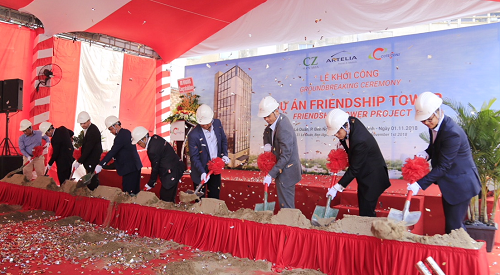
At that time, Mr. Nguyen Trong Mai Lam, General Director of CZ Slovakia Vietnam, shared that the Friendship Tower project held significant meaning, symbolizing the friendship between Vietnam and Slovakia.
The Eastern European group’s focus on capital-intensive sectors like banking and real estate is notable. In the 1990s and early 2000s, this group of entrepreneurs was the only private sector capable of accumulating capital in the tens to hundreds of millions of dollars.
During that economic era, the banking sector, responsible for mobilizing and distributing capital, was considered the “lifeblood” of the economy. Meanwhile, real estate offered high profits as the country underwent rapid urbanization and infrastructure development.
The multi-industry conglomerate model, with real estate and finance at its core, is a common business model in many developing economies. It optimizes capital flow, leverages internal ecosystems, and creates synergistic growth.
North Americans: Architects of the Digital Economy
Unlike the Eastern European group, entrepreneurs from developed countries like the US and Canada brought back ” technology and new business models.” They were educated and worked in some of the world’s most dynamic innovation ecosystems.
Mr. Nguyen Thanh My (b. 1955) started his career in Canada as a scientist and entrepreneur in the printing industry before returning to Vietnam to establish My Lan Group and Rynan, focusing on high-tech agriculture.
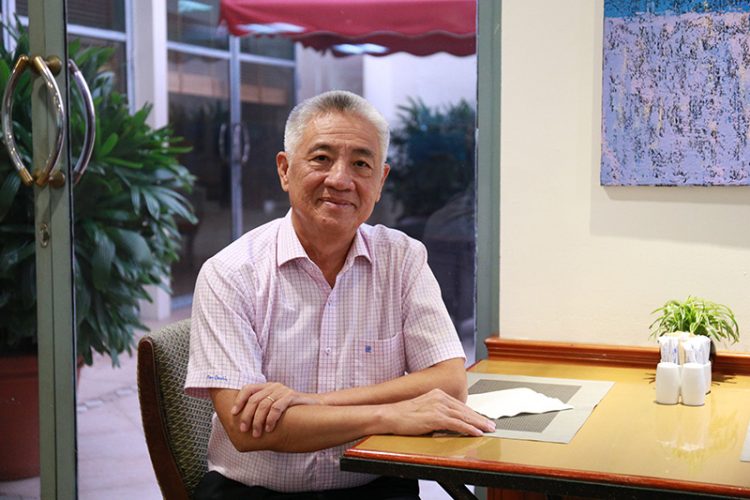
Notably, he chose to establish his business in Tra Vinh, a poor province, and he was a pioneer in applying IoT and AI in agriculture.
Mr. Johnathan Hanh Nguyen (b. 1951) is known as a Filipino billionaire, but he returned to Vietnam to build his homeland amid the country’s embargo. His first task was to help Vietnam establish its first international flight connection with the Philippines.
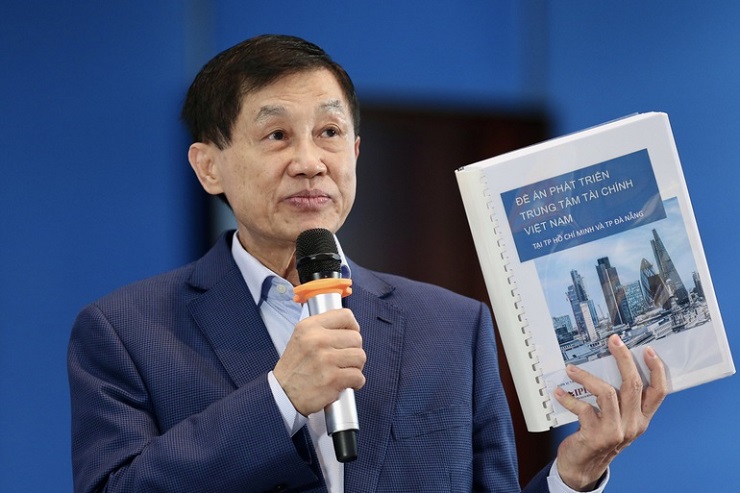
He founded IPP Group, which operates in various sectors, including luxury goods, retail, and airport services, earning him the title of “king of luxury goods” in Vietnam.
Mr. David Thai, a US entrepreneur, returned to Vietnam to found Highlands Coffee, a leading F&B brand that has become a symbol of Vietnam.
Mr. Nguyen Huu Le (b. 1952) started his journey in Canada before returning to Vietnam to found TMA Solutions, a leading software outsourcing company in Vietnam.
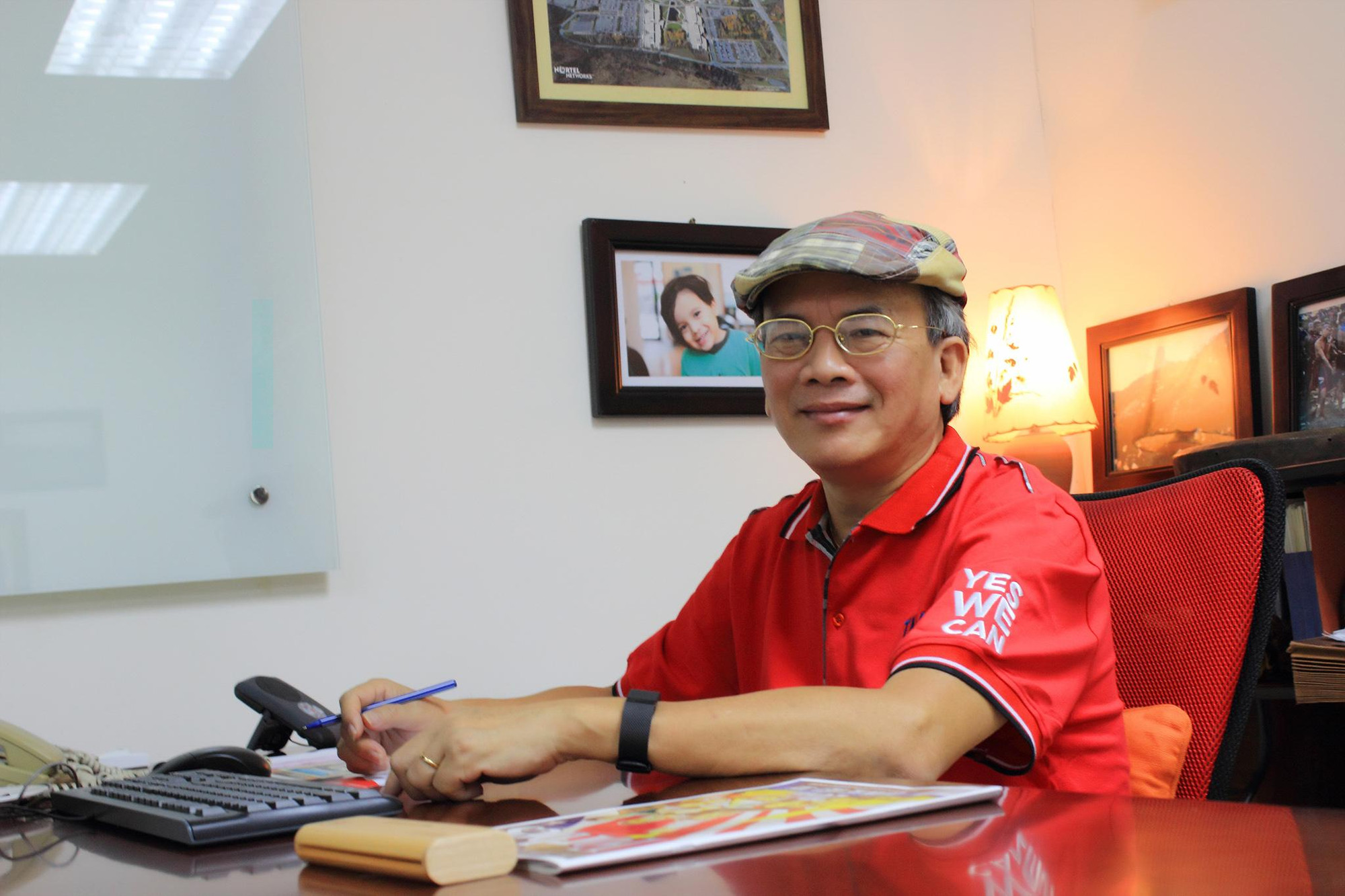
Mr. Nguyen Huu Le – Founder of TMA Solutions
Mr. Dung Tan Trung is an American-Vietnamese entrepreneur who founded and leads iCare Benefits. He is renowned as one of the most successful Vietnamese Americans in Silicon Valley, having founded OnDisplay and successfully taken it public with a valuation of nearly $1.8 billion in the late 1990s. His story is considered a model of the “American Dream” and has been featured in prestigious magazines like Forbes and Fortune.
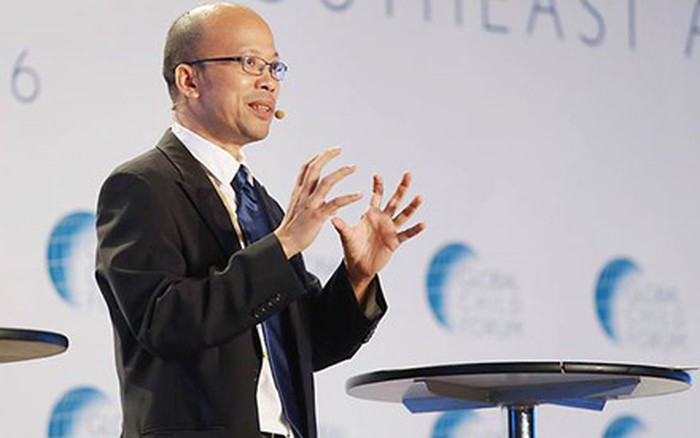
Mr. Dung Tan Trung – Founder of iCare Benefits
After his success in the US, Mr. Dung Tan Trung returned to Vietnam and established iCare Benefits, a social enterprise aiming to provide comprehensive welfare programs for workers in factories and enterprises.
The iCare Benefits model enables low-income earners to access essential products and services (such as electronics and household appliances, healthcare) through an interest-free installment payment system, with deductions made directly from their salaries over several months.
Apart from these U70 and U80 entrepreneurs, a large group of younger businessmen and women, such as Hung Tran (Gottit), Esther Nguyen (Pops Worldwide), Hung Dinh (DesignBold), Le Hong Minh (VNG), and Nguyen Thanh Trung (Axie Infinity), have embraced the startup culture, technological knowledge, and groundbreaking business models from the US and Australia.
Upon their return, they applied this knowledge to establish tech startups, creating products that solve local market challenges and expand globally, significantly driving Vietnam’s digital transformation.
In developed countries, these entrepreneurs gained access to complete startup ecosystems, including education, venture capital, and a culture that embraces risk. They were exposed to groundbreaking business models (SaaS, E-commerce, Blockchain) and core technologies (AI, Big Data). Their return coincided with the internet boom and digital transformation in Vietnam, precisely meeting the market’s demand for tech products and services.
The “startup map” of repatriated entrepreneurs has charted a development journey that parallels Vietnam’s economic history. While the Eastern European wave brought “capital and muscle” to build foundational industries, the North American and Australian wave brought “knowledge and brains” to forge the digital economy.
“What is the Revenue of Vingroup’s Education Sector?”
The education segment raked in a remarkable revenue of 3.204 trillion VND in the first half of 2025, marking a significant 14% increase compared to the same period last year.
The Ultimate Electric Car Solution: 2-Minute Swap for a 150 km Range
The station boasts an impressive 19 battery-swapping bays, each equipped with electronic LED screens and surveillance cameras to monitor the entire process.

